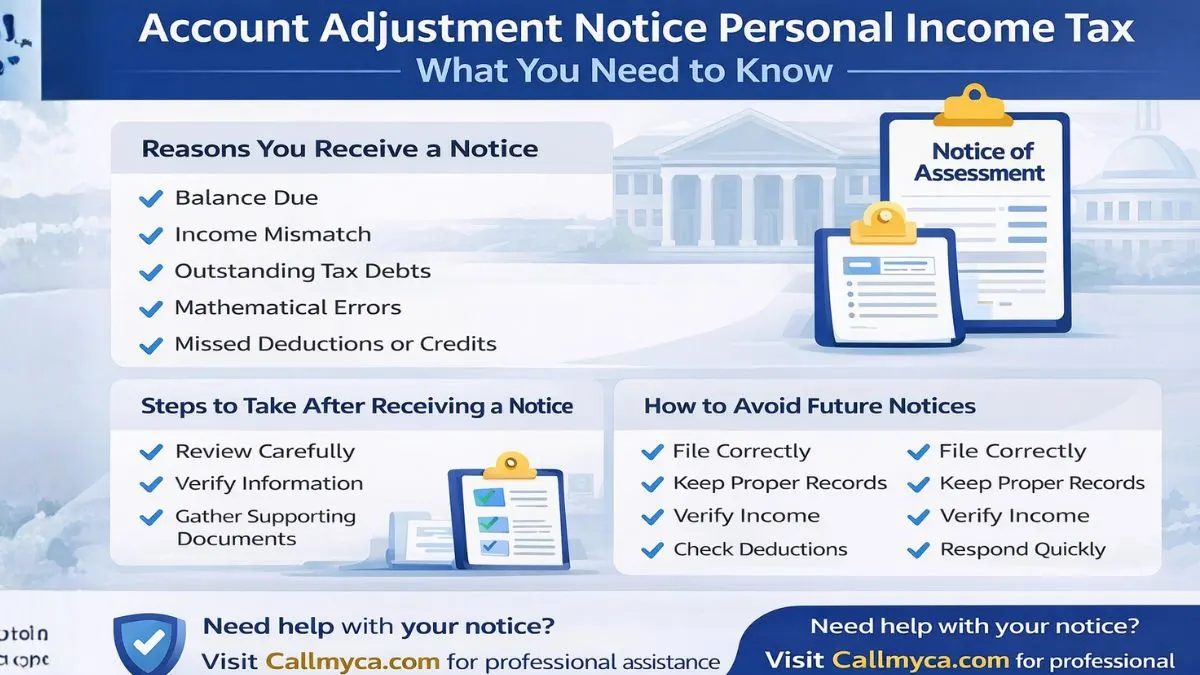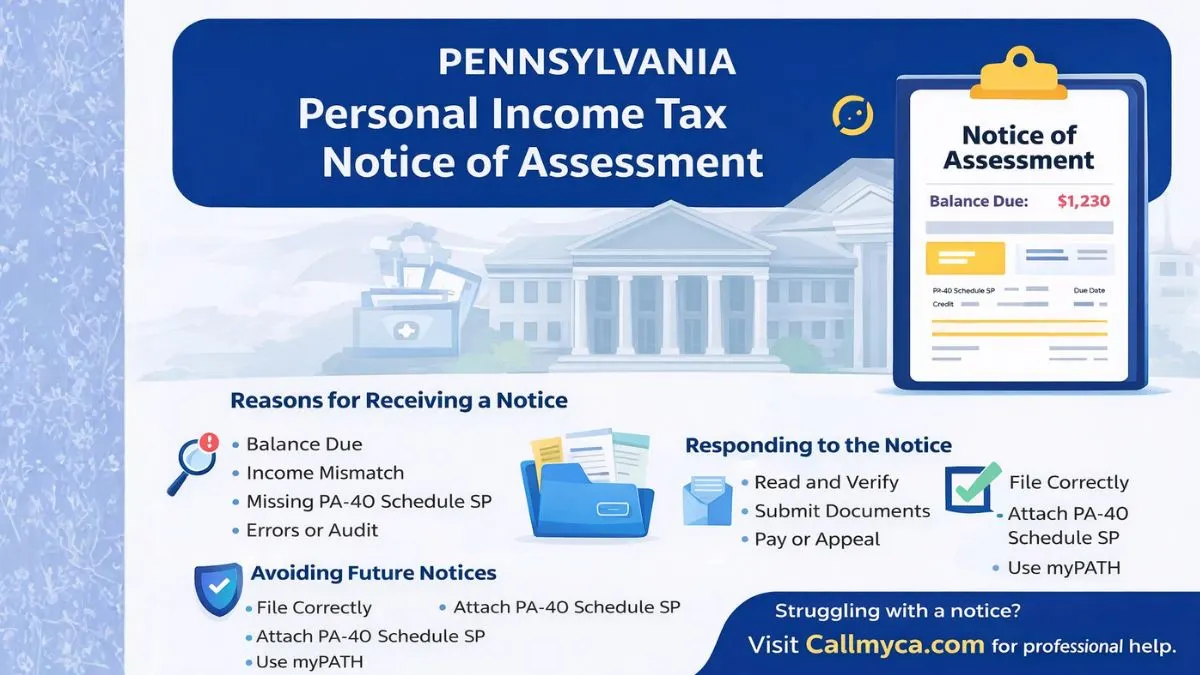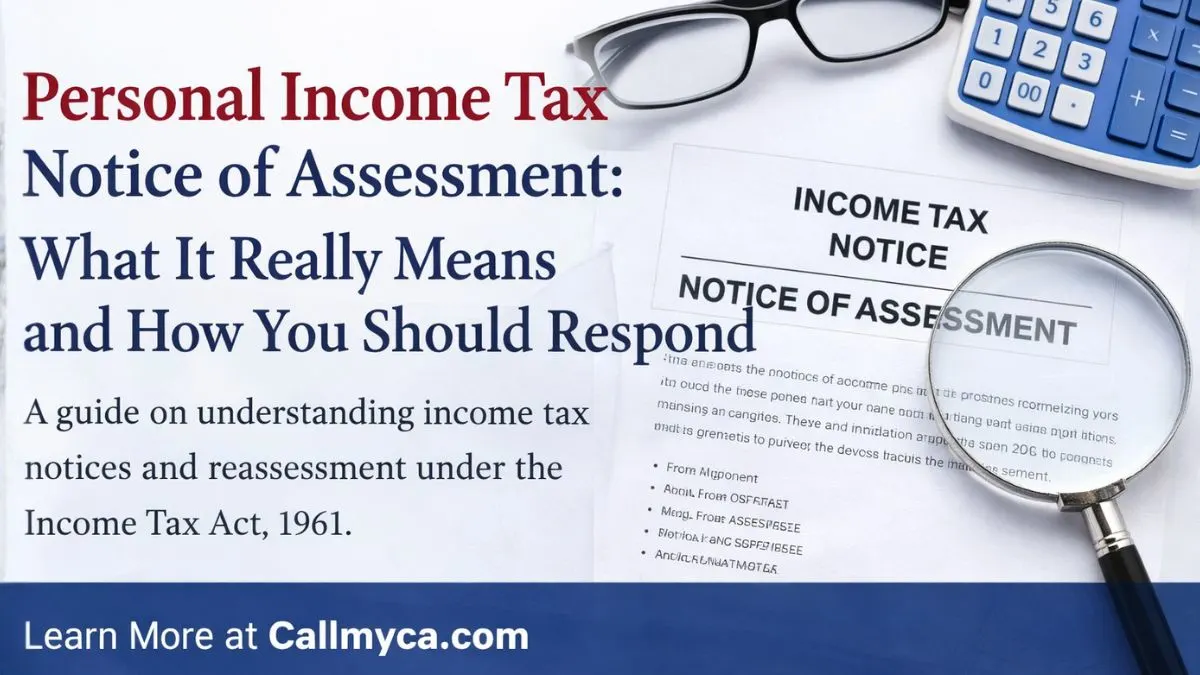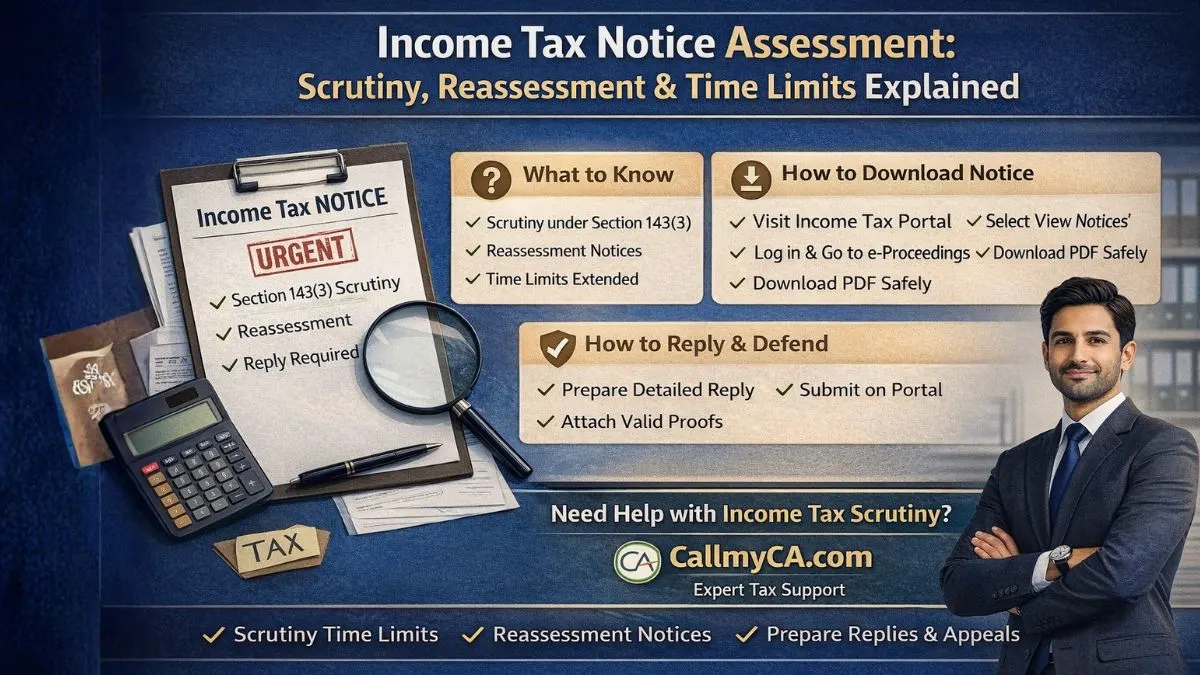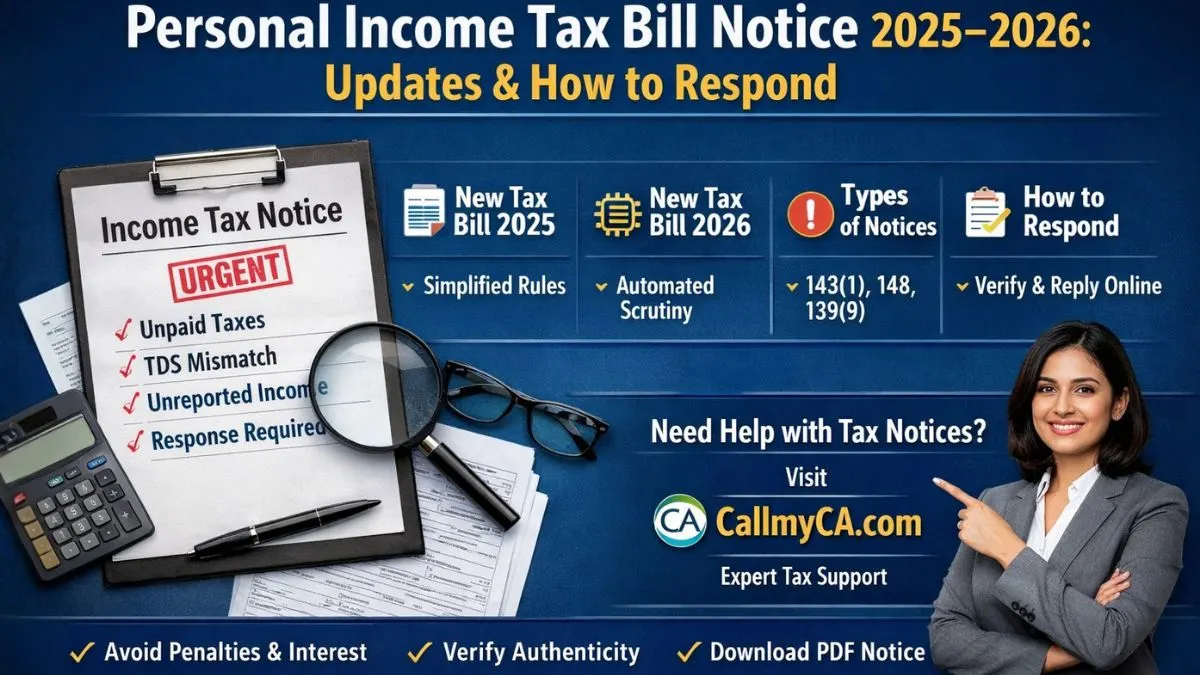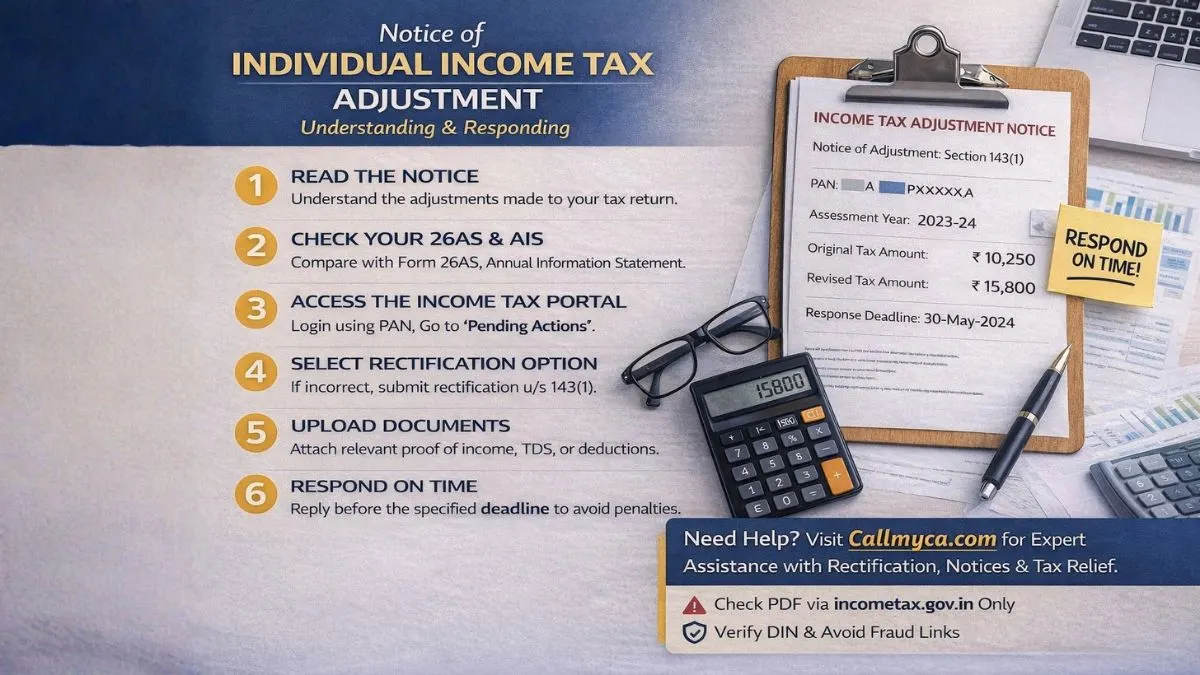
The Indian Income Tax Act has several provisions to promote transparency in financial dealings and discourage the circulation of unaccounted money. One of the most critical among them is Section 269 of the Income Tax Act, which regulates cash transactions to curb black money.
This section lays down strict rules regarding cash payment and repayment of loans and deposits, and also covers transactions involving immovable property. By doing so, the law aims to prevent misuse of cash transactions that can be used to conceal income or avoid taxation. For individuals and businesses, understanding these rules is essential to ensure compliance & avoid penalties.
What is Section 269 of Income Tax Act?
Section 269 of Income Tax Act deals with the mode of taking or accepting certain loans, deposits, and specified sum. In simple words, it prohibits individuals & entities from accepting or repaying loans, deposits, or transactions involving immovable property in cash beyond the prescribed limits.
This means an individual cannot accept a deposit or loan made by another person in cash above the allowed threshold. Instead, such transactions must be carried out through account payee cheque, account payee bank draft, or electronic transfer via banking channels.
The intent is clear – the government wants to reduce cash dealings, increase banking transactions, and thereby ensure better monitoring of money flow."
Applicability of Section 269
Section 269 applies to:
- Individuals and HUFs accepting loans or deposits.
- Firms, companies, and other entities engaged in business or profession.
- Transactions in immovable property, including purchase & sale where cash payment is involved.
By design, this section ensures that cash-heavy transactions are minimized and accounted for through traceable banking channels.
For example, if a person tries to pay ₹25,000 in cash towards a property advance, this would be considered a violation under Section 269. Similarly, cash acceptance of loans above the limit is not allowed.
Cash Payment and Repayment of Loans and Deposits
A major focus of this section is to regulate cash payment and repayment of loans and deposits. The law mandates that repayment of loans or deposits above ₹20,000 must not be done in cash. Similarly, fresh acceptance of loans and deposits above this limit must also be avoided in cash.
This means that individuals cannot accept loans or deposits from others if the amount exceeds ₹20,000 in cash. The same rule applies to repayment – if a loan is being paid back, it has to be routed through proper banking channels.
This provision acts as a safeguard against unaccounted transactions, making sure all large money movements leave a traceable footprint.
Also Read: TDS on High-Value Cash Withdrawals
Mode of Taking or Accepting Certain Loans, Deposits, and Specified Sum
Under Section 269, the mode of taking or accepting certain loans, deposits, & specified sum must be through:
- Account Payee Cheque
- Account Payee Bank Draft
- Electronic Clearing System / Online Transfer
Any violation, such as taking or repaying in cash beyond limits, may attract penalties under Section 271D & 271E of the Income Tax Act.
For example, if someone borrows ₹50,000 in cash from a friend, it is not a valid transaction under Section 269. Similarly, repayment of such loans in cash is also not allowed.
Cash Transactions in Immovable Property
Apart from loans and deposits, Section 269 also applies to cash transactions in immovable property. The law prohibits acceptance of ₹20,000 or more in cash while purchasing or transferring property.
This means if a buyer tries to pay advance or part consideration in cash, it must not exceed the limit. The government introduced this to discourage real estate transactions being settled in cash, which has historically been a major source of black money circulation.
By enforcing banking routes for such deals, Section 269 brings greater transparency into property transactions."
Objective – To Regulate Cash Transactions to Curb Black Money
The main intent behind this section is to regulate cash transactions to curb black money. Cash has traditionally been a means for tax evasion and unaccounted wealth accumulation in India. By disallowing large cash dealings in loans, deposits, and property transactions, the government ensures:
- Better tax compliance.
- Transparent financial records.
- Reduced scope for black money circulation.
This is a critical step in aligning India’s financial system with global standards of anti-money laundering & accountability.
Also Read: Cash Limit for Loans, Deposits & Specified Sums
Penalties for Violation
Non-compliance with Section 269 can lead to severe penalties.
- Section 271D – If you accept a loan or deposit in cash beyond the prescribed limit, a penalty equal to the amount of loan or deposit may be levied.
- Section 271E – If you repay a loan or deposit in cash beyond the limit, the penalty can again equal the amount repaid.
Thus, taxpayers need to be cautious while entering into financial transactions and ensure they adhere strictly to banking methods.
Section 269 with Example
Let’s take an example:
Mr. A borrows ₹50,000 from Mr. B in cash. This transaction violates Section 269 since an individual cannot accept a deposit or loan made by another person in cash above ₹20,000. If caught, both the lender and borrower may face penalty proceedings.
Similarly, if Mr. A repays the loan back in cash, that repayment will again attract penalties. Hence, the only legal and safe method is to route both acceptance and repayment through banks.
Also Read: Cash Payment Disallowance Rule
Amendments Over the Years
The government has periodically amended Section 269 to tighten its effectiveness. Some key changes include:
- Expanding coverage from loans and deposits to property transactions.
- Enhancing monitoring through PAN and Aadhaar linkage.
- Introducing stricter penalties to discourage violations.
These changes have improved compliance and made India’s financial system more robust against cash-driven black money transactions.
Conclusion
The Section 269 of Income Tax Act is a cornerstone in India’s fight against black money. By restricting cash payment and repayment of loans, deposits, and transactions in immovable property, it ensures accountability and transparency. The law mandates that an individual cannot accept a deposit or loan made by another person in cash beyond a certain limit, and enforces the mode of taking or accepting certain loans, deposits, and specified sum through banking channels only.
For taxpayers, compliance with Section 269 is not optional but mandatory. Violations can invite penalties equal to the transaction amount, making it vital to stick to legal financial practices.
💡 Thinking of borrowing, lending, or entering into property transactions? Stay compliant with Section 269 and avoid penalties. For expert guidance on income tax rules, visit Callmyca.com – your trusted partner for smart and compliant tax solutions.

